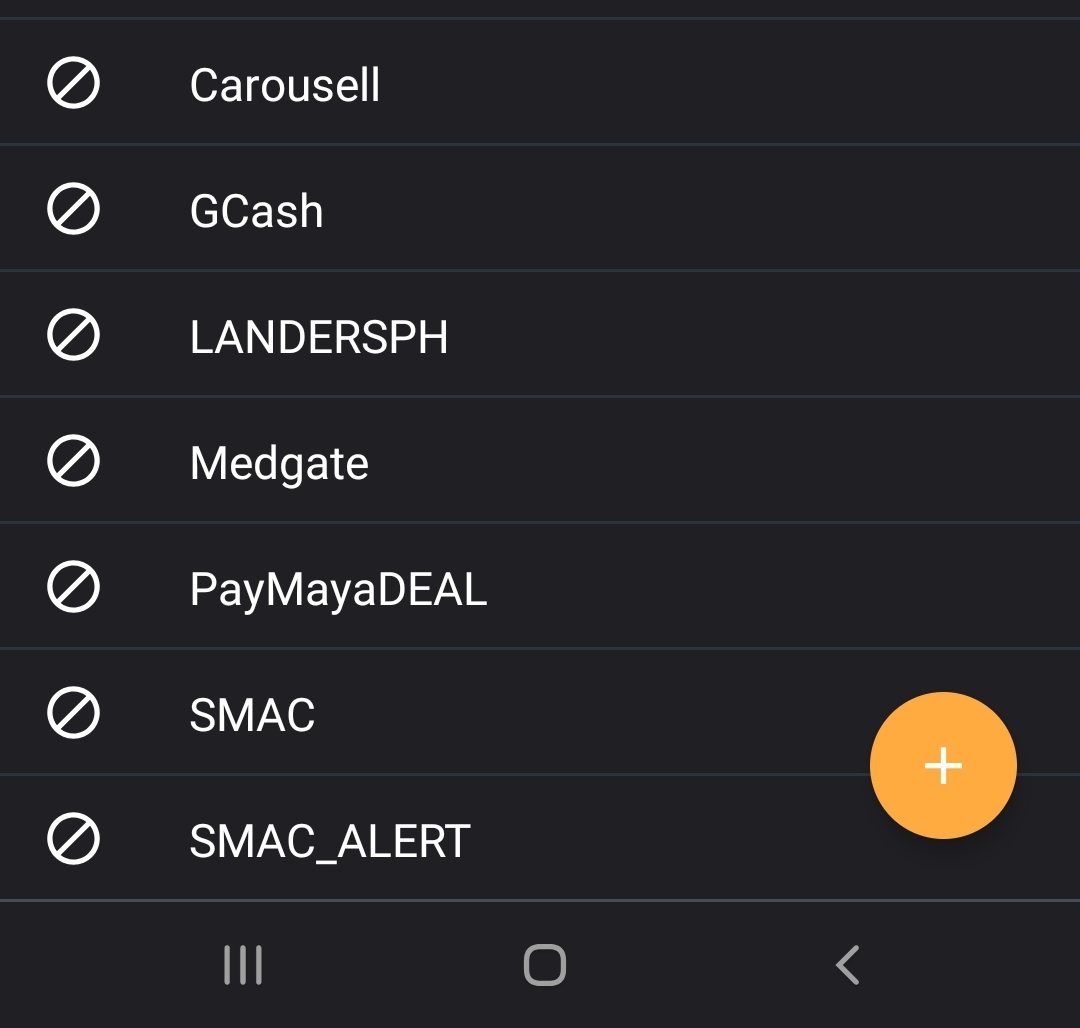I don’t know about you but at least in the last six months I received comments obviously are spam past through Akismet anti-spam filters. Even the akismet stats, I don’t think they’re telling the truth about how many spam they missed –the ones I manually marked as spam. The numbers are just definitely way off the count that I everyday mark as spam.
The missed spam –these are comments that all have to only say, “they liked my website”, “I have the best website”, “they’ve subscribed to my RSS feeds”, and sometimes asking “they can’t understand how to subscribe to my rss feeds”, without adding any single value whatsoever to what my post was about to which they are commenting. They are usually coupled with strange names and url’s or domain names that looked really bogus (e.g. insurance, some medical drugs, etc.).
I love your website.
So do I, now what? Do you want me to visit yours? No way!
I enjoyed your website.
Really? I hope you enjoy more!
Or maybe, the reason these comments go past the Akismet filters is because other people just simply approve them for their own blogs without second thoughts. And Akismet is left confused, don’t know what to do with the same ip address, name, email address, and website url.
Yeah, I’ve seen some comments like these published in other blogs.
Maybe the blogosphere has become too crowded that rendered anti-spam filters like Akismet ineffective.


